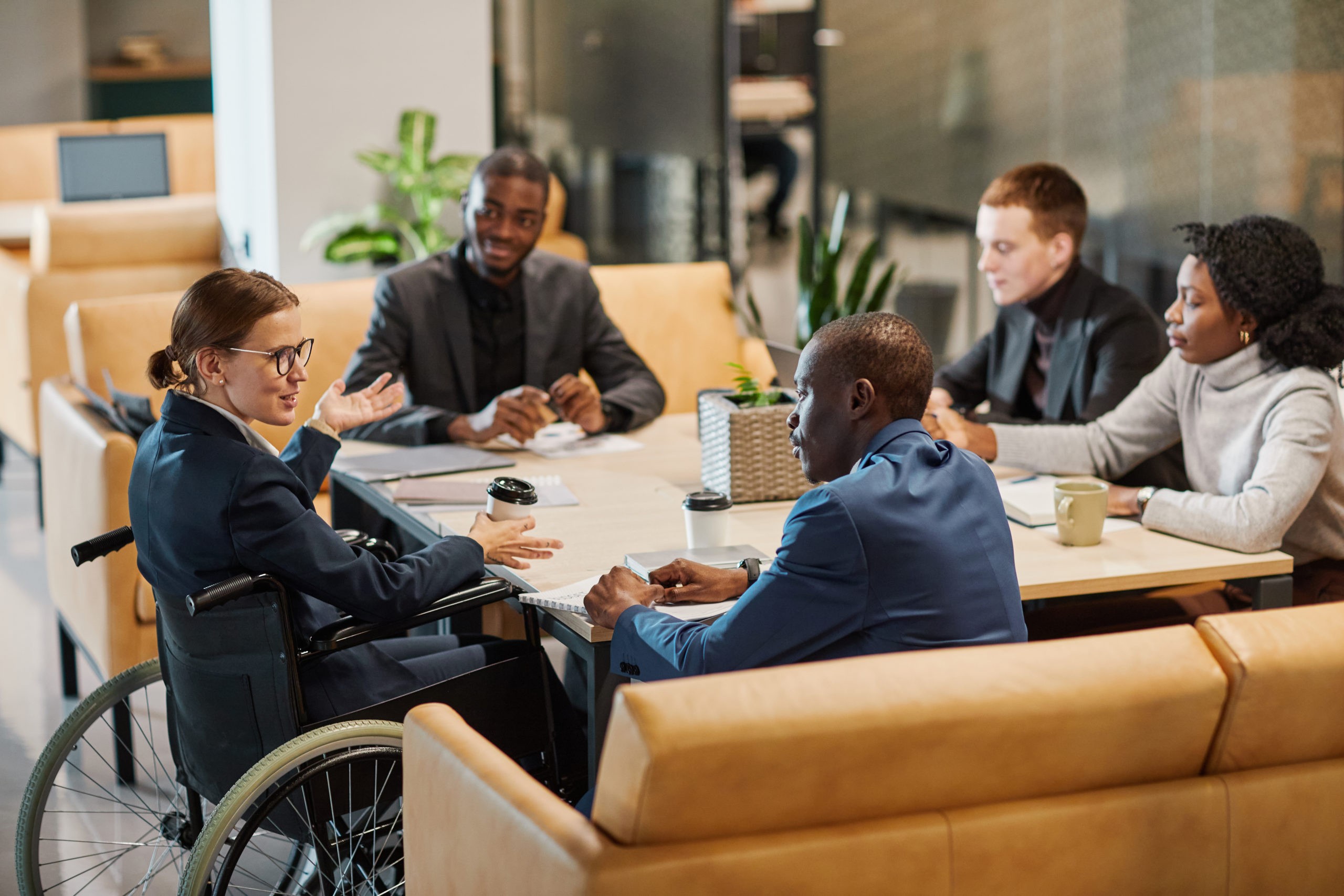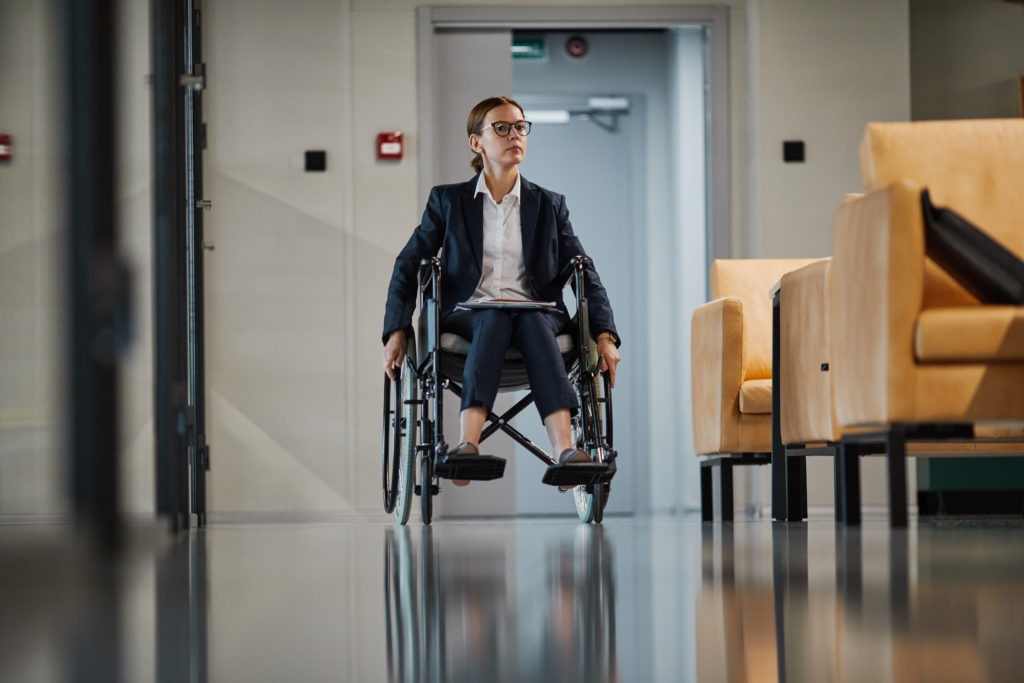
31 May Ensuring Accessibility: Factors to Consider When Hiring a Venue
Selecting a suitable venue for an event might seem straightforward but it is, in reality, much more complicated than it first appears. You should always visit the venue before booking it and take a checklist with you to look out for certain key access points. Planning ahead can help ensure your venue is as accessible as possible. It gives you time to find out from potential attendees what they require from a venue and to look for a venue that would work well. Here are a few things to always double check when it comes to the accessibility of your events:
Before you book a venue make sure you:
– Find out about different access requirements.
– Contact some venues and ask about the accessibility and the specific requirements you previously identified.
– Make a shortlist of potential venues and visit them.
– Book the most appropriate venue.
– Create event publicity and invite people to get in touch about their access requirements (specify where existing information about accessibility can be found).
– Ask for specific information from anyone who contacts you to discuss their access requirements.
– Make what changes you can to the venue after listening to, and consulting with, attendees that have specific access requirements. If it’s not possible to make temporary changes to the venue, can you find a better one?
Accessibility is not just about what happens when someone gets to the front door. You also need to consider how people will get to your venue. Here is a list of some things to consider when visiting venues.
1. Public transport
Is there public transport to the venue, at the right times / frequently enough? Is public transport accessible for people who use wheelchairs or are travelling with a pram? If not, consider other options, such as a shuttle bus or arranging for a taxi to be on standby.
2. Directions to the venue
How easy is the venue to find? Can you make it easier by providing clear directions for different modes of transport, maps, and pictures of the venue / key points of the journey?
3. Parking
Is there an area near the front entrance for parking? Can you reserve parking spaces for people who most need them? Is there ample space for mobility aids/prams on either side of where a car would park?
4. Approaching the building
Is the path to the entrance clear or blocked by wheelie bins, rubbish bags, etc.? Is the ‘accessible entrance’ kept locked? If so, this sends a message to the people who need it that they aren’t welcome. Insist that the door is kept unlocked during your event.
5. Entry system
Is there an entry system that involves people having to talk and hear a reply e.g. an intercom? Do people have to locate buttons and press the correct one? If so you might need someone stationed at the entrance to meet arrivals and let them into the building.
6. Step-free access
Can lifts be accessed without having to ask for a key? Are there enough keys for everyone who needs one? Can more keys be provided? Are ramps of a gentle gradient (1:20) and do they have handrails on either side? If there is no ramp, could you hire one?
7. Space to move around
Check whether there is enough room and whether the floor is suitable for wheelchairs to move around easily. Are the main circulation routes free from trip hazards and obstructions? Ideally, People using wheelchairs or walking aids should be able to access all areas, not just the room where the event is happening.
8. Allergens/asthma triggers
Is the venue likely to trigger hay fever, asthma attacks or aggravate allergies? Common things that cause a problem are smoke (including smoke/fog machines), dust, cats, newly cut or flowering grass, hay, and strawbales.
9. Is there an adapted toilet?
Is it unlocked, clean, and free of clutter? Sadly, some venues keep the adapted toilet locked, or use it as a storeroom for equipment. Make sure it is unlocked while you are in the building, and clear away any clutter. The cubicle is bigger for good reason!
10. Is there a loop system in your meeting room for hearing aid users?
If so, is it working? Does anyone know how to switch it on or alter the volume? Will that person be there when you hold your event in the building?
Have you also read these articles?



